Cats are creatures of habit. They thrive on consistency and predictability, which can make any change in their routine quite challenging for them. As any cat owner can attest, when their pet’s environment or daily schedule is disrupted, it can lead to stress and anxiety. Helping your feline friend navigate these changes is crucial to maintaining their well-being. This article will provide you with practical strategies to ensure your cat copes smoothly with shifts in their daily routine.
Understanding Why Routine Matters to Cats
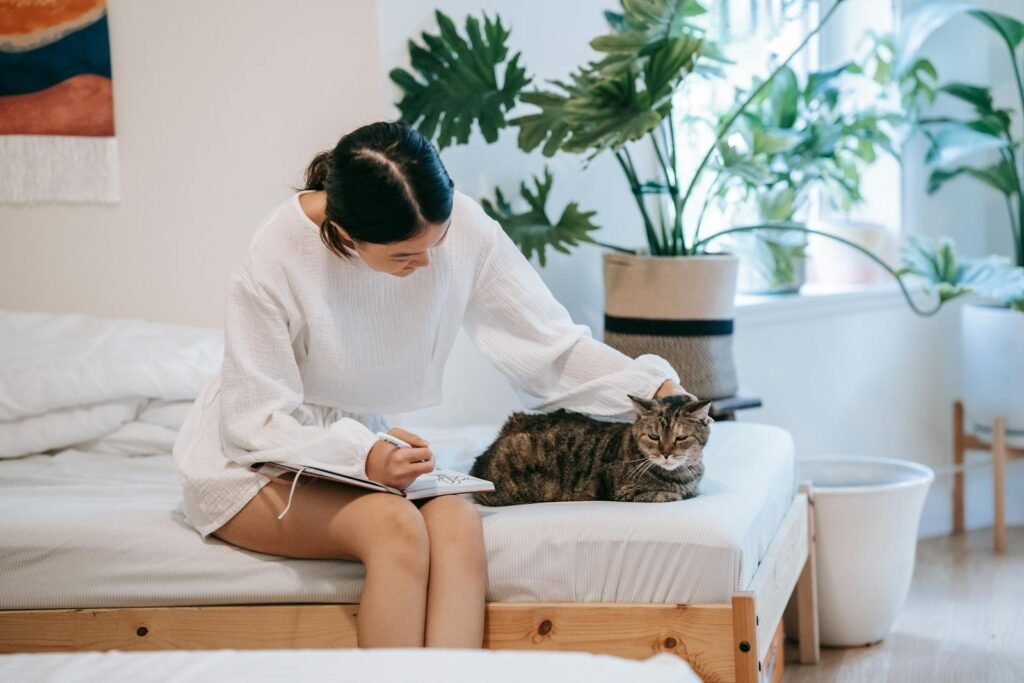
Cats are territorial animals whose lives revolve around a sense of security and familiarity. Their instinctual behaviors, remnants from their wild ancestors, make them wary of changes in their environment. Routine provides a stable framework that makes cats feel safe and in control of their surroundings. When this routine is altered, it can lead to anxiety and even stress-related health issues.
Signs Your Cat is Stressed
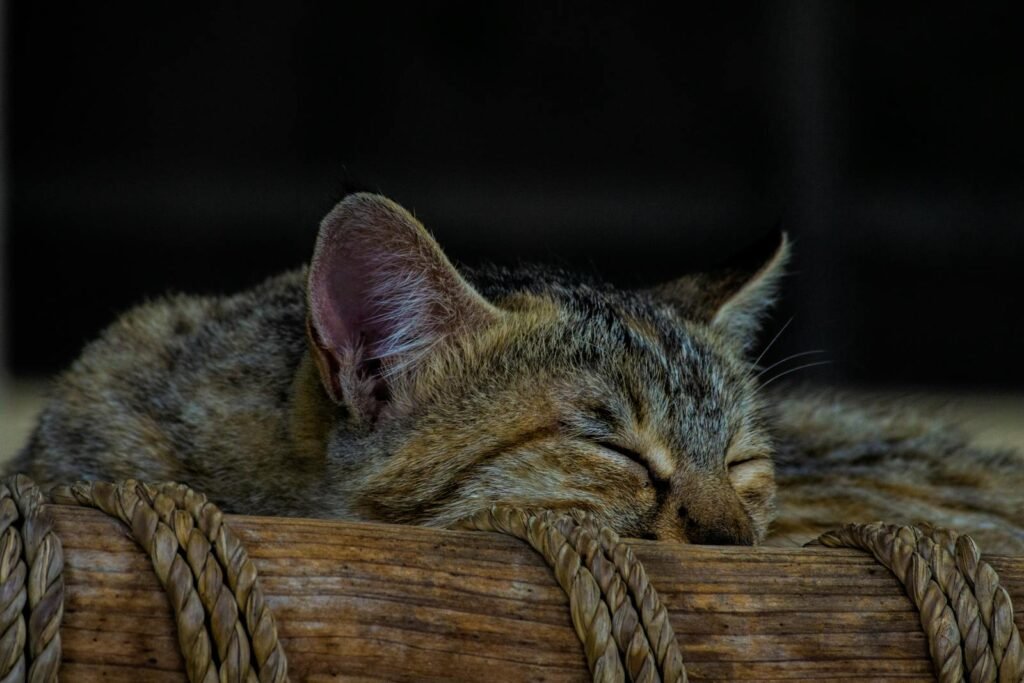
Cats may not express stress like humans do, but they show it through their behavior. Look for signs such as excessive grooming, inappropriate elimination, aggression, or withdrawal. Vocalizing more than usual, changes in appetite, or destructive behavior can also be indications that your cat is struggling to adapt to a change.
Introducing Changes Gradually
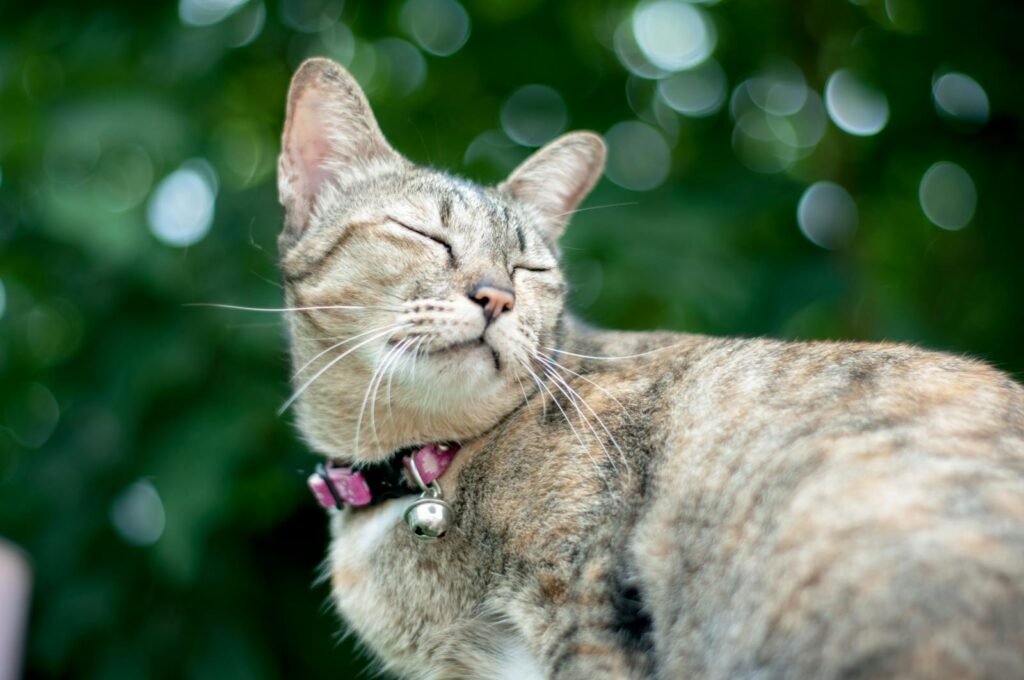
Whenever possible, introduce changes slowly to help your cat adjust. If you’re altering their feeding schedule or moving furniture around, try to make these changes incrementally. Gradual adjustments allow your cat to become accustomed to the new routine without feeling overwhelmed.
Maintain Core Elements of Your Cat’s Routine
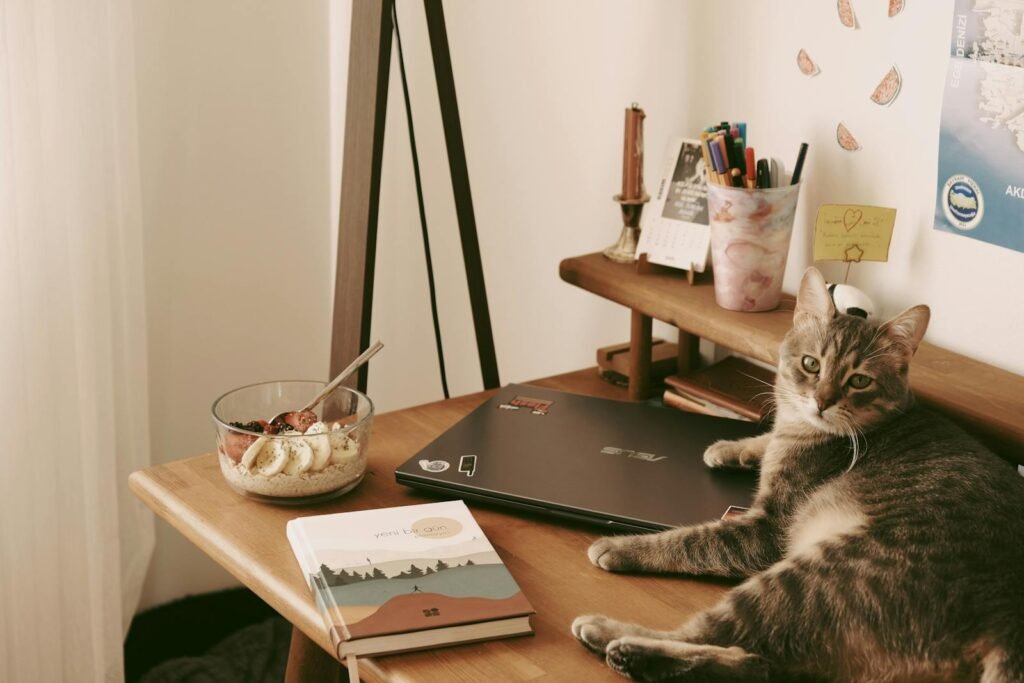
While some changes may be inevitable, strive to maintain the core aspects of your cat’s routine. Keep feeding times consistent, continue regular play sessions, and ensure your cat still has access to their favorite resting spots. These familiar elements can provide a comforting anchor for your cat amidst new surroundings or schedules.
Create a Safe Space
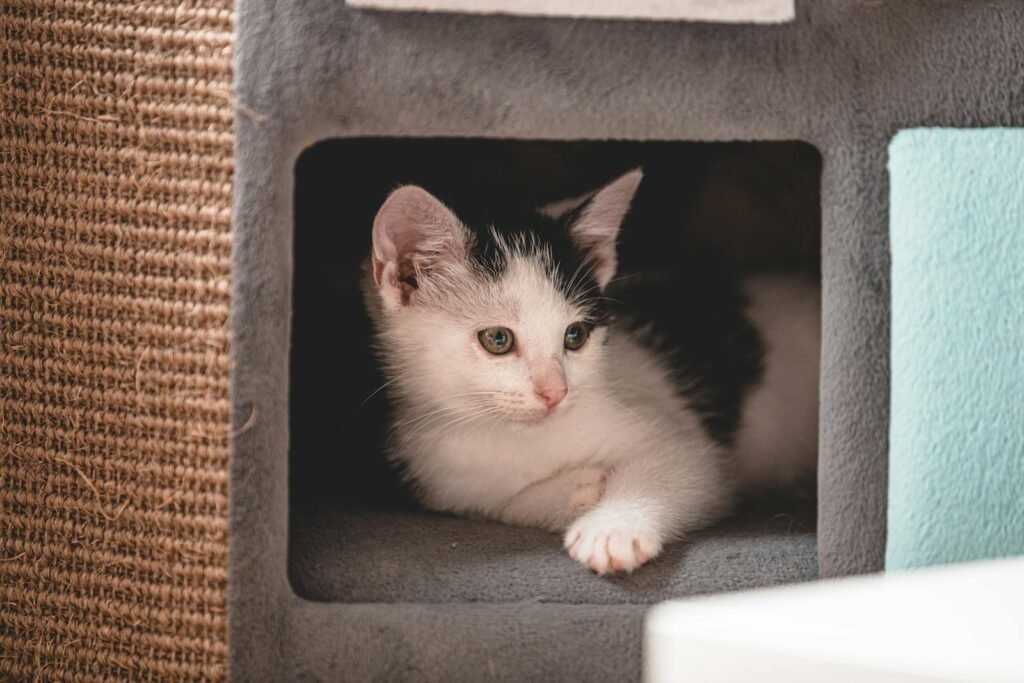
A dedicated safe space can offer your cat a retreat where they feel secure and in control. This area should include their bed, favorite toys, and a scratching post. Having a sanctuary where they can retreat if they feel overwhelmed can significantly ease their anxiety.
Provide Enrichment and Stimulation
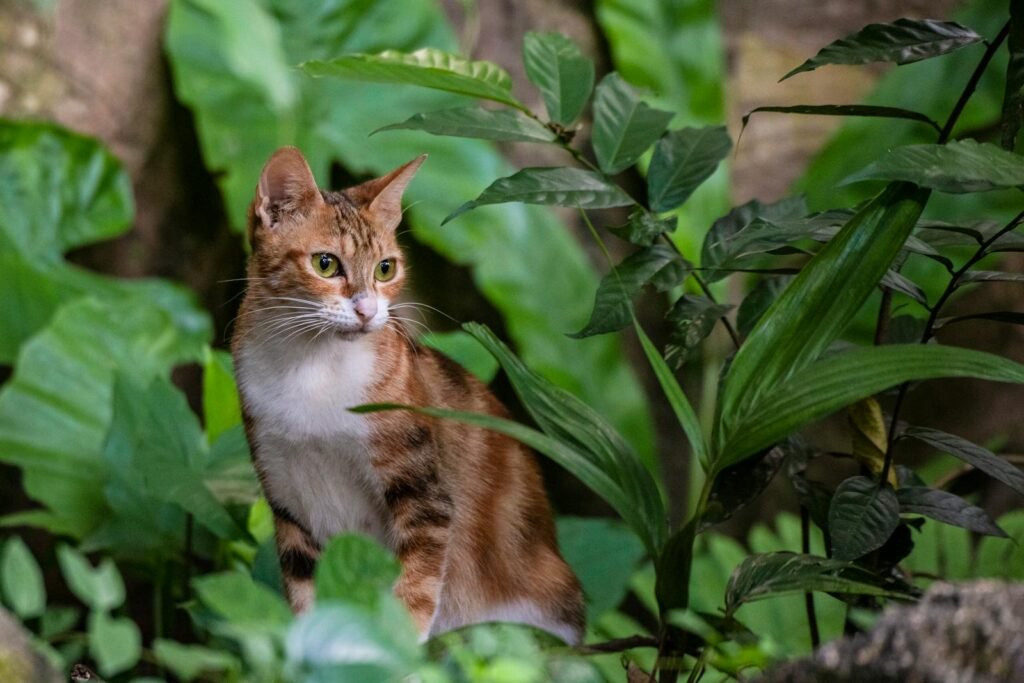
Keeping your cat’s environment enriched helps distract them from changes and reduces anxiety. Interactive toys, treat puzzles, and engaging games can occupy their minds and burn off excess energy. Regular playtime also strengthens your bond and provides a reassuring constant in their day.
Utilize Pheromone Products
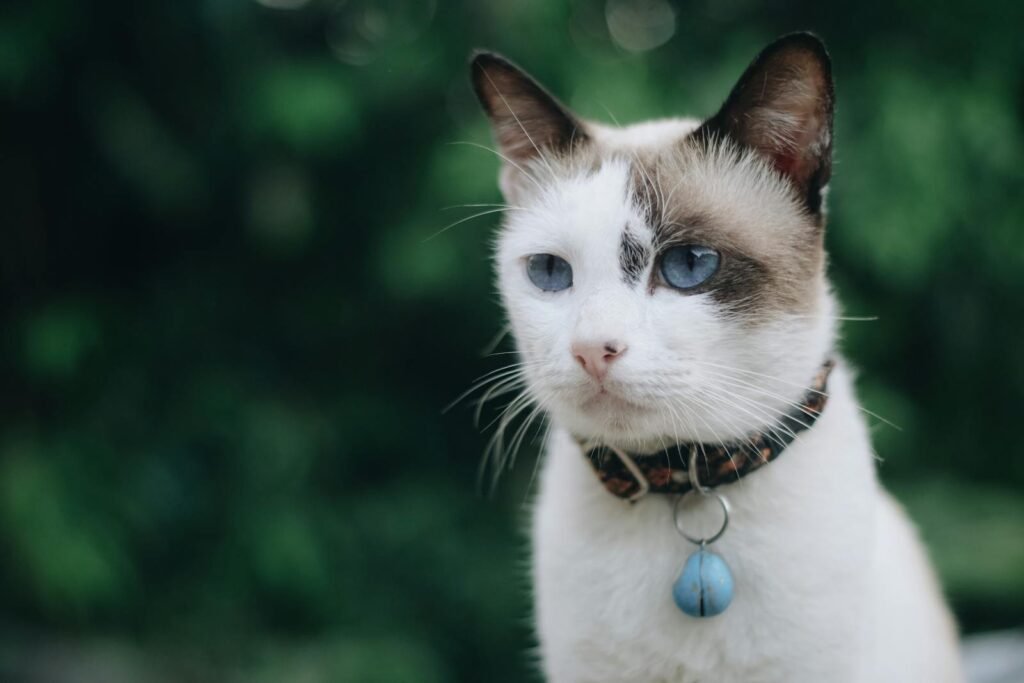
Pheromone diffusers, sprays, or collar products can help calm stressed cats by mimicking their natural cope-delivery system. These products release a synthetic version of the feline facial pheromone that cats produce when they feel safe and calm in their environment.
Consult Your Veterinarian
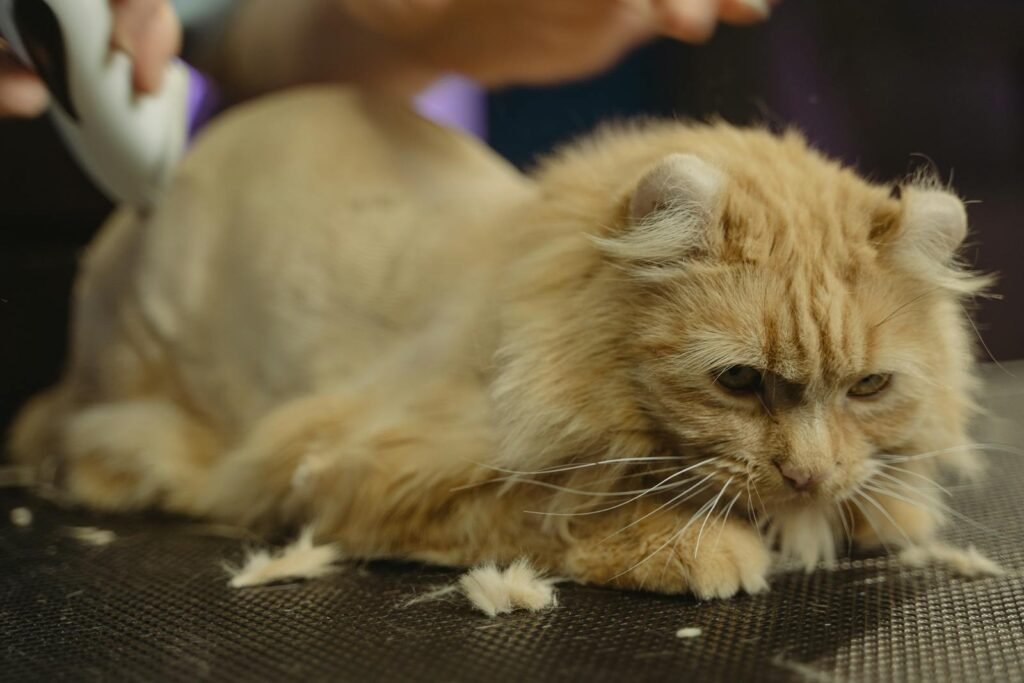
If your cat’s stress seems severe or prolonged, it’s wise to seek professional advice. Your veterinarian can rule out any underlying health issues that may be contributing to your cat’s anxiety and recommend appropriate treatments or behavioral strategies.
Understand the Role of Diet
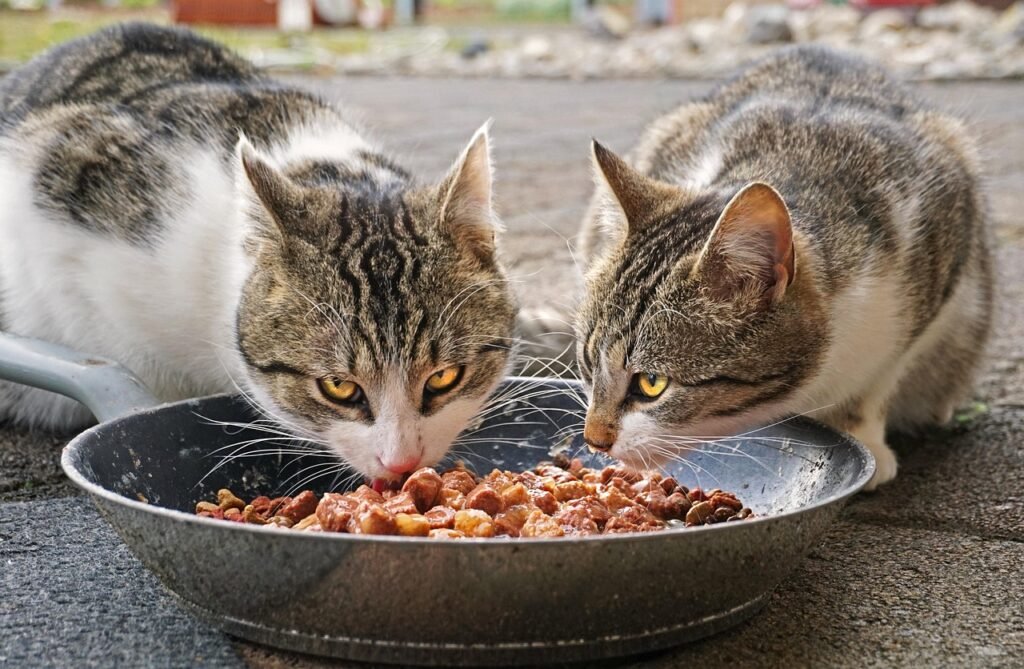
A consistent and balanced diet can be an anchor during times of change. Ensure your cat receives the necessary nutrients, and avoid sudden dietary changes. If you introduce new foods, do so gradually to prevent gastrointestinal upset and additional stress.
Be Patient and Attentive

Changes in routine can be just as challenging for you as they are for your cat. Patience and attention to your cat’s needs and emotional state are vital. Provide them with the comfort and assurance that they are safe and loved, and they will gradually adapt to the new normal.
Conclusion: Foster a Stable Environment for Your Cat
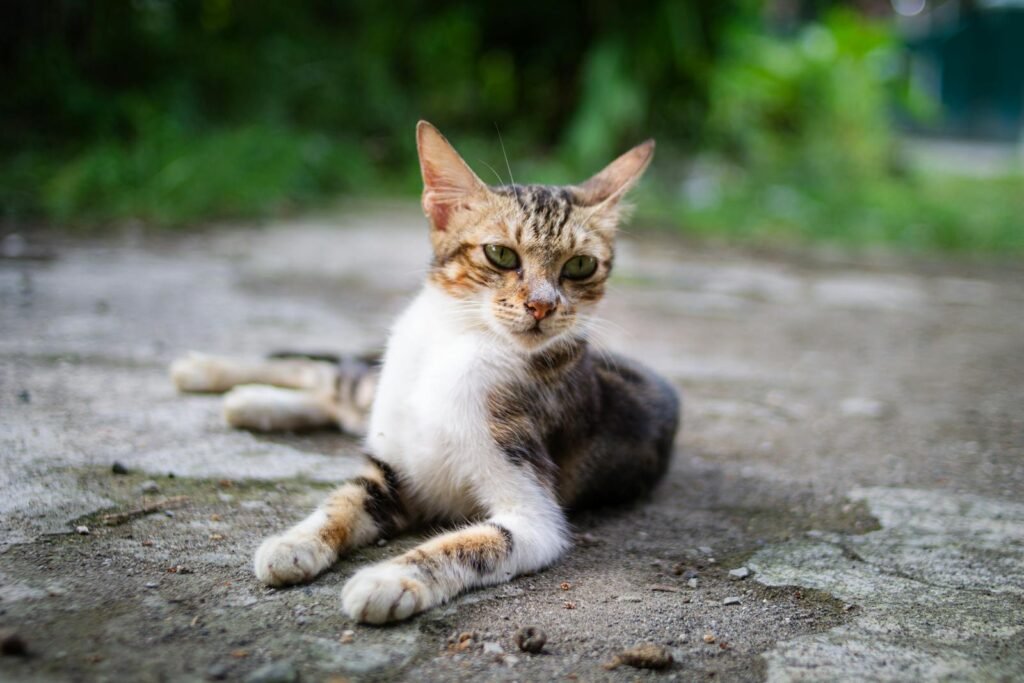
Helping your cat adjust to changes in routine is essential to their emotional and physical health. By understanding their need for consistency, and making thoughtful adjustments to their environment, you can help your feline friend maintain their well-being amidst life’s inevitable changes. With patience, attention, and care, your cat can navigate shifts in their routine feeling secure and content, allowing you both to enjoy a harmonious companionship.

Linnea is a born and bred Swede but spends as much time as possible in Cape Town, South Africa. This is mainly due to Cape Town’s extraordinary scenery, wildlife, and atmosphere (in other words, because Cape Town is heaven on earth.) That being said, Sweden’s majestic forests forever hold a special place in her heart. Linnea spends as much time as she can close to the ocean collecting sea shells or in the park admiring puppies.






